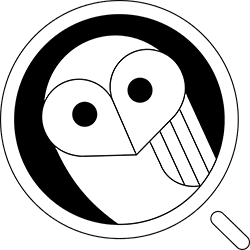Knowledge Management
In the 1980s, as I began my medical practice first as a solo practitioner and then in a group setting, understanding why patients come to see me, what motivates them to present their issues during consultations, became a preferred area of study.
This was at the dawn of medical informatics, and I became interested in the clinical branch of knowledge management, which focuses on the content of the physician-patient relationship, health problems, diseases, reasons for encounters, and decisions made. The late Professor Henk Lamberts, from the Department of General Practice at the University of Amsterdam, warmly welcomed me and introduced me to the world of classifications and epidemiology in primary care. In 1992, I became a member of the International Classification Committee of WONCA, the World Organization of Family Doctors. I translated the International Classification of Primary Care (ICPC) (1987) and co-authored and translated its versions 2 (2000) and 3 (2020). In 2007, for my 70th birthday, I defended a doctoral thesis at the University of Liège (supervised by Professors Van Meerbeeck and Ittoo), with the assistance of the computer laboratory at the University of Rouen (Professors Darmoni and Grosjean), studying the central concepts of my field. The research tripod consisted of General Practice, Informatics, and Linguistics. The outcome was 3CGP (Core Content Classification in General Practice), available online, which combines ICPC with Q-Codes, a mini-ontology of my profession. The realm of classifications leads to that of terminologies, then ontologies, and is now being updated with the use of Large Language Models in Artificial Intelligence.

